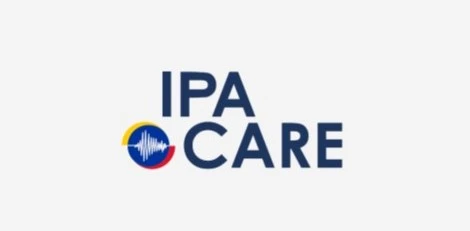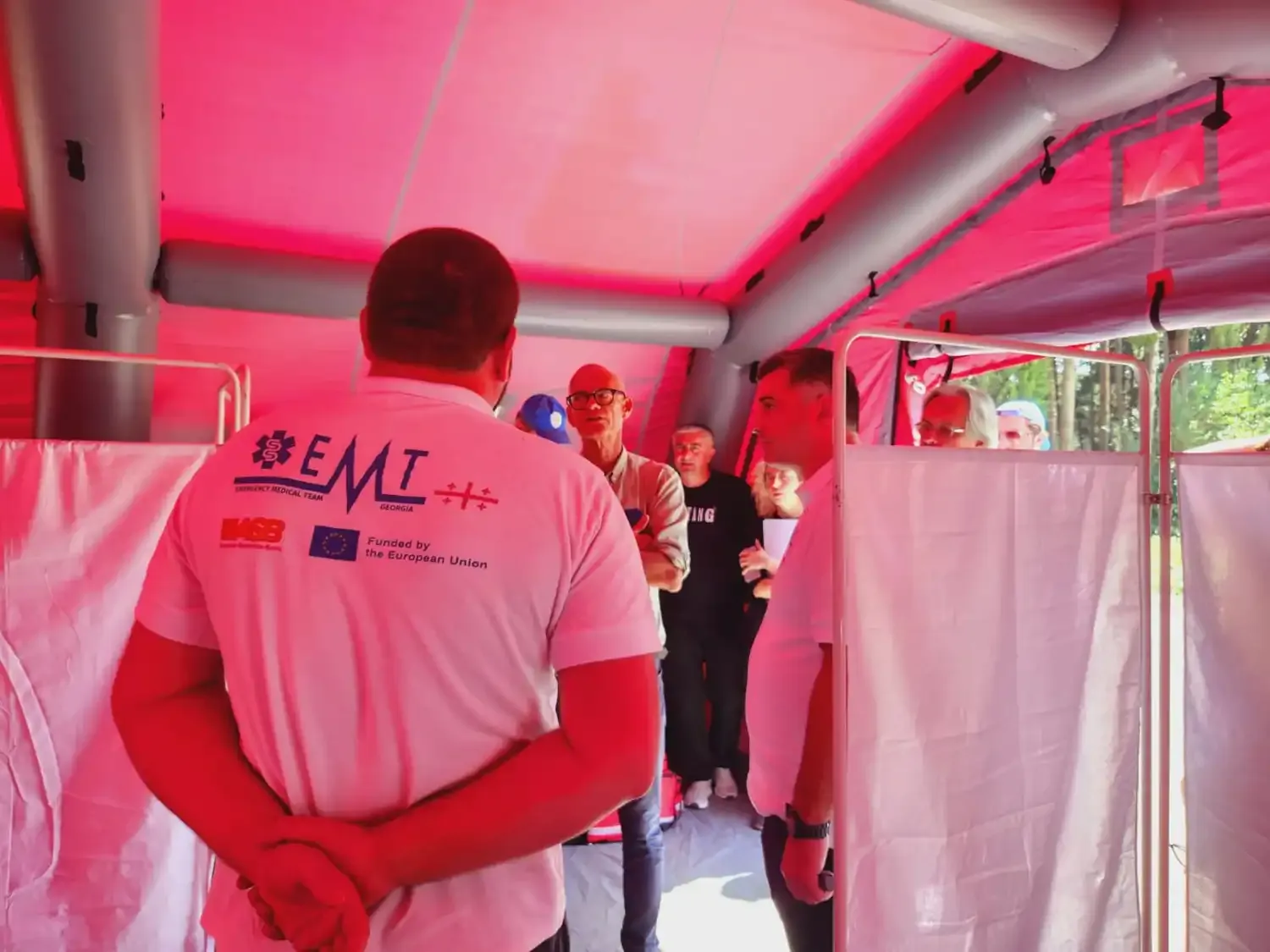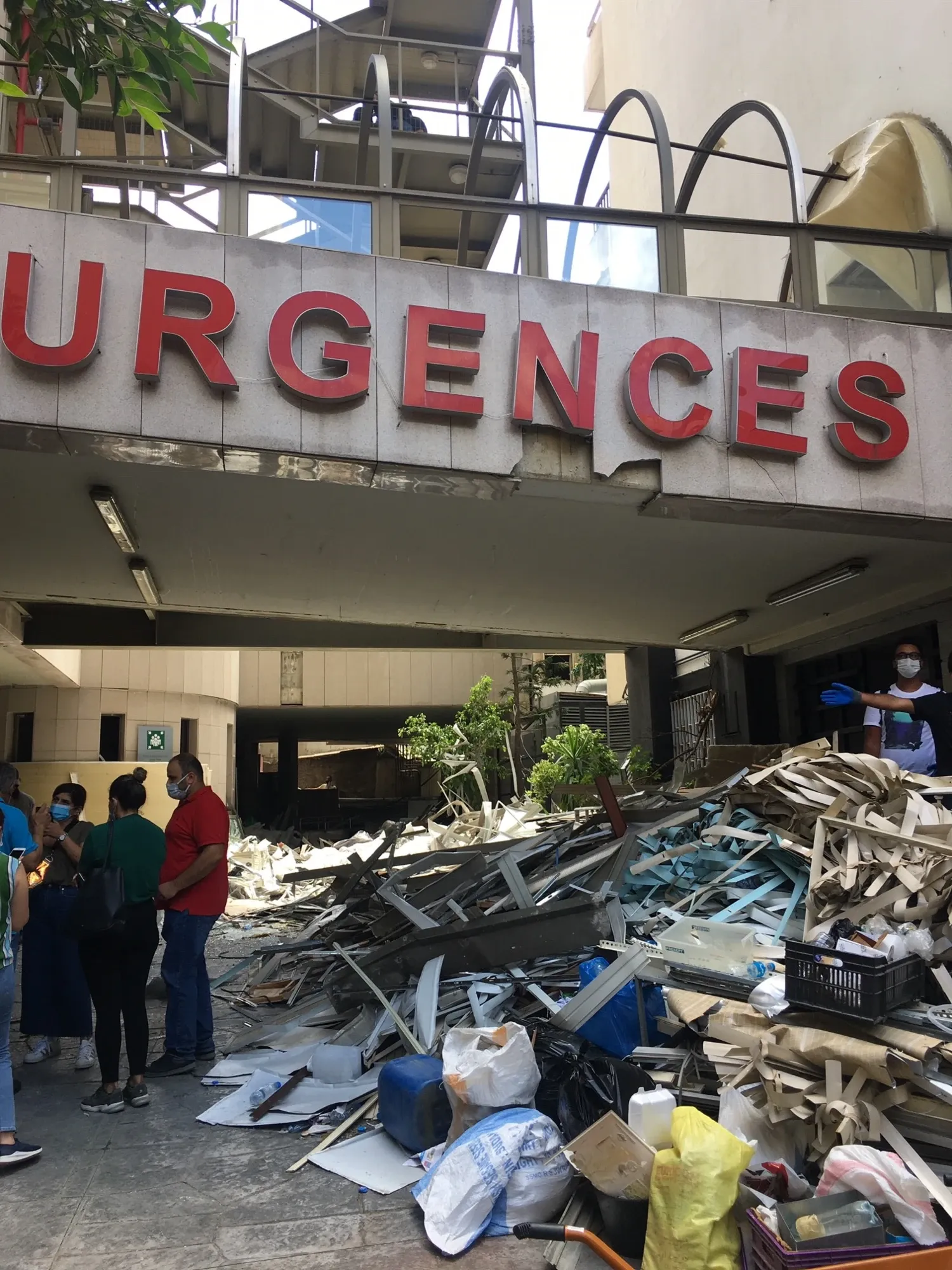Policy advice, expertise and knowledge support from Global Disaster Medicine - Health Needs and Response
At Global Disaster Medicine - Health Needs and Response, we want to actively contribute to the continued improvement of health care in disasters. Through policy advice and expert support, we want to help develop and improve guidelines, standards and raise the level of training among staff in the field. We do this, among other things, in our role as a research centre for the National Board of Health and Welfare and as a WHO Collaborating Centre.
Based on our research, training and experience of working in disaster areas, we provide advice, policy development and knowledge support in disaster medicine. This can include evaluations, acting as advisors, conducting monitoring and analyses, producing decision-making documents and more. In addition, our staff often participate in the media to answer questions related to disasters.
We work with both Swedish and international partners, with the aim that our expertise and experience in disaster preparedness and management should help to improve and strengthen both Swedish and international disaster response.
Our colleagues at the Centre for Health Crises also work on policy development and expert advice, but on the broader topic of health crises.
The National Board of Health and Welfare - Research centre for global disaster medicine and international missions
Since 2002, we have been a research centre (kunskapscentrum), on behalf of and funded by the National Board of Health and Welfare. It enables us to maintain knowledge and experience on the effects of disasters, how responses should be designed and what skills are necessary for health professionals.
In our role as knowledge centre, it states that we shall, through our collective activities, build and maintain a high level of knowledge and competence in global disaster medicine and international operations. We shall also act as a national coordinator to ensure that knowledge and expertise are developed and made available.
We are not the only research centre in disaster medicine, although our focus on global disaster medicine and international response is unique. Since 2002, the National Board of Health and Welfare has funded several research centres in disaster medicine at Swedish universities. There are currently seven centres, the other six are:
- Research centre in disaster toxicologi
- Research centre in pre-hospital care and complex injuries
- Research centre in psykotraumatology
- Research centre in radiation medicine in disasters
- Research centre in Total Defence medicine
- Research centre in traumatology
The research centres cooperate within the Swedish National Disaster Medicine Council.
As part of this work, we conduct external monitoring, research reviews and analyses. The latest ones can be read and downloaded below. If you are interested in reading older material, please email kckatastrofmedicin.gph@ki.se and we will be happy to send them to you. You can also subscribe to receive the reports and analyses directly to your inbox.
Monitoring reports, research overviews and global analysis (in Swedish)
The National Board of Health and Welfare – EMT-initiative
We also have a mandate to provide expert support and advice to the National Board of Health and Welfare in their work related to the creation of a Swedish Emergency Medical Team (EMT).
In addition, the National Board of Health and Welfare also supports other aspects of our work with the EMT initiative, such as our standby function to support international and national health emergencies, our work in the classification process of new EMTs, including as mentors for new teams, our participation in working and expert groups and as expert support to the WHO Europe Region, and our participation in EMT initiative training and meetings.
We also conduct research on the EMT initiative. This is presented in more detail on our research page.
The National Board of Health and Welfare also partly funds our research through competitive research grants.

IPA Care
We are an affiliate partner in the consortium of the IPA Care project, led by the Swedish Civil Contingencies Agency (MSB).
The project aims to analyse the needs of countries in the Western Balkans, and Türkiye, to strengthen their capacity to prevent risks related to earthquakes and other health threats. In the first part of the project, we contributed to needs and context analyses, and in the ongoing work we support the countries that have chosen to proceed with the development of Emergency Medical Teams. In the project, we work closely with the WHO’s Europe Office.

WHO Collaborating Centre
Since 2017, we are a WHO Collaborating Centre for Research and Training on Health Care and Public Health in Disasters. Being a WHO Collaborating Centre means, among other things, that we:
- Support the WHO in promoting the EMT-initiative - our research in this area is detailed on our research page
- At WHO's request, develop and support capacity building in disaster medicine for EMTs working in vulnerable settings
- Contribute to WHO's work in health systems and disasters, and protracted emergency situations
We also conducted a WHO Investment Case, using interviews and a case study to map how EMTs have been used, what the benefits have been, how EMTs are organised and what challenges they face.
The Expert Group for Aid Studies - EBA
In the Anthology of Trends and Perspectives on Global Health, published, in Swedish, by the Expert Group on Aid Analysis - EBA in December 2024, Hannah von Reding and Johan von Schreeb wrote the chapter on health responses to disasters, focusing on global trends, challenges and opportunities. Together with several of the anthology's other authors, they also wrote an opinion piece, published in Altinget in December 2024, warning that further cuts in aid budget, and ultimately in health aid, risk costing lives and undermining the progress that has been achieved so far.

Expert support in ongoing disasters
To make our expertise and experience available to support ongoing disaster response, preparedness and evaluation is a fundamental principle of our work. We also view this type of concrete work in disaster areas as a positive contribution to our teaching and research, and that it strengthens our ability to provide knowledge support and contributes to our role in policy development.
This is a selection disaster areas where our staff have been active in recent years:
- Lebanon – Märit Halmin and Johan von Schreeb both worked in Lebanon after the escalation of the conflict in the area in autumn 2024. Märit Halmin worked mainly on the construction of a new hospital. They have both worked in the country before, both when the explosions that hit Beirut in 2020 and during the COVID-19 pandemic.
- Malawi – Martina Gustavsson worked on supporting local health services in the country in the management of the cholera outbreak in spring 2023. This was arranged through our collaboration with the Centre for Health Crises and their membership of GOARN (Global Outbreak Alert and Response Network)
- Ukraine – We have been involved in support to Ukraine in various ways since the outbreak of the war. Johan von Schreeb worked as a coordinator of international medical interventions in Ukraine, on behalf of the WHO, in the spring of 2022. Martina Gustavsson worked with the organisation UK-Med in Ukraine in the autumn of 2022. A group of our staff also led mass casualty management training in Moldova, on behalf of the WHO.
- Türkiye – Following the earthquake that hit the region in February 2023, Johan von Schreeb supported the coordination of international relief efforts on the ground, through our partner UK-Med.
- Ebola – Several of our staff and affiliates have worked on Ebola, including during the outbreak in Uganda in 2022 and the major outbreak in West Africa in 2014. Their experience of working with Ebola and other highly contagious diseases, as well as knowledge of the correct use of personal protective equipment (PPE), was very valuable in supporting the Swedish response to the COVID-19 pandemic.
- Armed conflicts - During the period 2016 to 2019, several of our group members worked in areas of ongoing conflict in Yemen and Iraq. Randomised trials on the treatment of blast and gunshot wounds from Iraq and Syria (published in the Lancet) laid the foundation for much of the group's research on war injuries. We have also conducted triage and prioritisation training in Iraq, Yemen, Ukraine and Moldova.

Previous work in policy advice, expertise and knowledge support
When the COVID-19 pandemic hit Sweden in spring 2020, we used our experience of working in disasters internationally to contribute to the country’s efforts to combat the pandemic. For example, we developed an online course for healthcare professionals and provided expertise when public actors, such as the National Board of Health and Welfare, developed their procedures and guidelines.
Anneli Eriksson, who is a research specialist in our group, worked in the Corona Commission. The commission was appointed by the Swedish government in June 2020 to evaluate the country's efforts to prevent the spread of COVID-19. In that role, she was able to draw on both her experience from fieldwork in disaster areas and her doctoral thesis on needs assessment in disasters.
Johan von Schreeb
ProfessorFor more information regarding our role in policy advise, please contact the head of the centre Professor Johan von Schreeb
